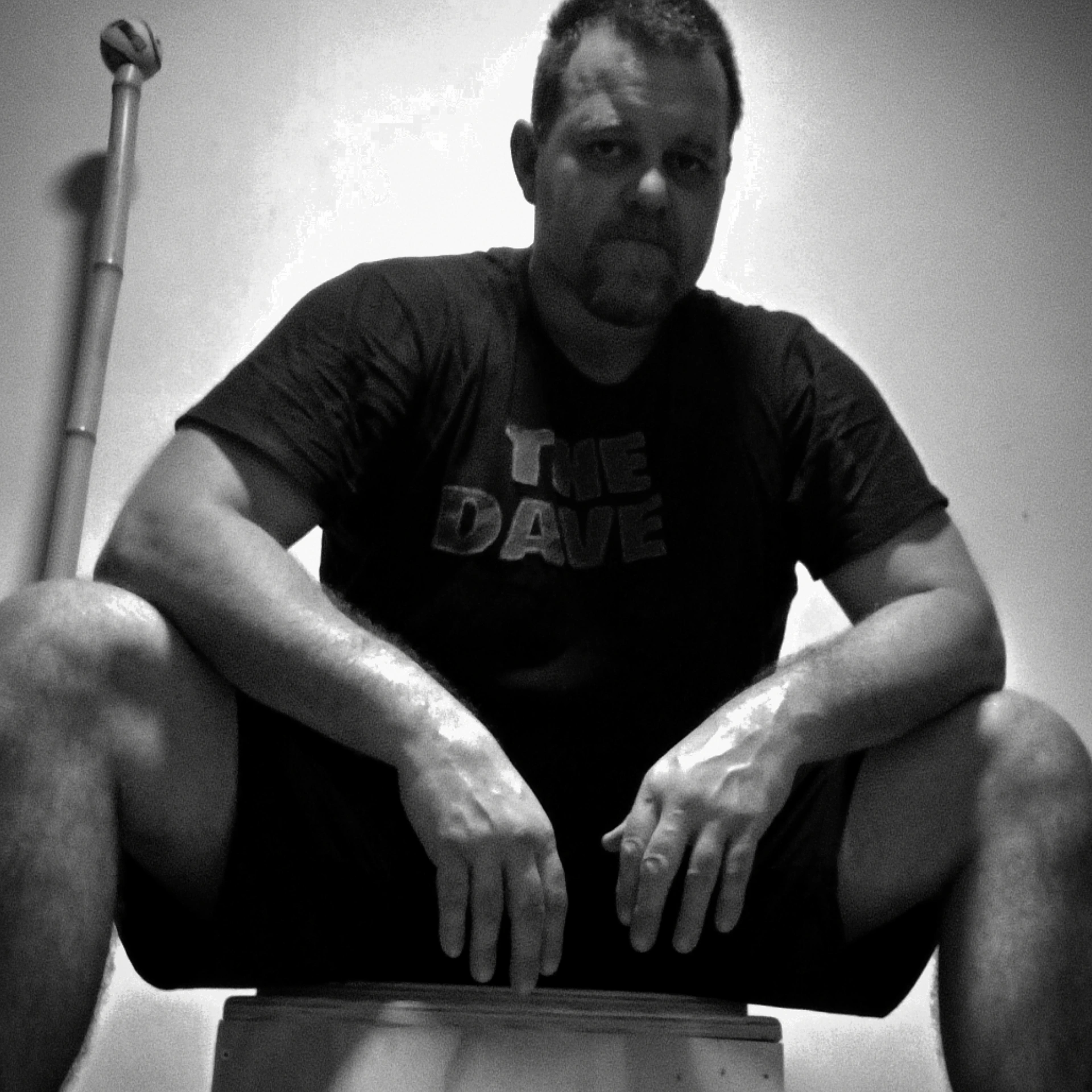Making progress without chasing numbers
- Dave Hedges

- Sep 4, 2025
- 3 min read
I was asked about making progress without chasing numbers.
It was part of a multi question email from a reader that I have split into its parts as each question deserves its own answer.
So can you make progress, and can you track progress without chasing numbers?
This is a debate that has gone on for as long as there has been internet forums, probably longer.
And yes, if you train well, over time there should be an increase in the numbers, be that weight lifted, no of reps, no of sets and so on.
But there’s another marker, one that is more subjective and therefore less trusted by many coaches, and that is RPE

RPE stands for Rate of Perceived Exertion.
And while there are several interpretations of this, some numbers based and tied to percentages, we can also simply call it auto regulation.
Auto regulation is minding yourself. It’s making a judgement there and then about how hard to push.
It allows for those days when you’re not feeling it and need to back off, and those days when you’re on fire and want to lift the gym!
We’ve all felt it, days you come in dreading a session because the plan says X but you feel like Y.
Maybe it’s stress, maybe it’s the start of a flu bug, maybe it’s, well whatever.
So auto regulation is the term to describe how we manage ourselves without needing a coach telling us what or how to think.
In WG-Fit we have quite an old school kettlebell set up with 4kg intervals between the weights.
4kg is a big jump, which is something I have always enjoyed about kettlebells.
Dan John, the Strength and Conditioning godfather, talks about this as a good thing.
He says it means you have to stay at a given load long enough to master it before jumping up.
Something Paul McIlroy calls “Comfort Zone Expansion” or lifting easy long enough that you knock down old PR’s without noticing.
It even falls into the old running tip I got from Chef Mike Ward circa 1998/9 and was beginning prep for my first half marathon, Chef Ward, a highly accomplished runner simply said “It’s about time on your feet. Forget speed and distance, just get time on your feet”
And he was right.
Here’s a story about one particular client and deliberately not chasing numbers.
He wanted his back squat to improve and was struggling.
So I decided to stop him at 60kg, a weight he could lift with great form and not too much struggle.
We did 5 sets of 5 reps with 60kg, and repeated that every week for several weeks.
Each week we focused on better form, tweaking just a little each week to dial it in.
But we didn’t change the weight, the number of sets or reps.
And each week those 5 sets of 5 moved just a little bit better.
They felt lighter.
After several weeks of this we then decided to up the weight.
We started with 60, then added load each set.
I can’t remember what we hit, but I do remember keeping him in the dark about the load on the bar, but he smashed his lifetime PR on the squat on either set 3 or 4.
There’s a lot to be said for not chasing numbers.
Train to feel better, move better, lift more easily and strength or whatever attribute you are chasing will come.
Yes, you’ll probably get there faster if you are tracking numbers, which is why when you train for an event, you will track.
But for general fitness, it’s not always needed.
If you move better, feel better and perform better, who cares what your gym numbers are?
If this email resonates with you, if you enjoy my work, then help me out.
Share this on, share online if you like and also reply with your own questions and comments.
All emails get read, all questions get added to my list for future editions.
I look forward to hearing from you
Chat soon
Dave


Comments